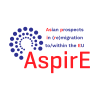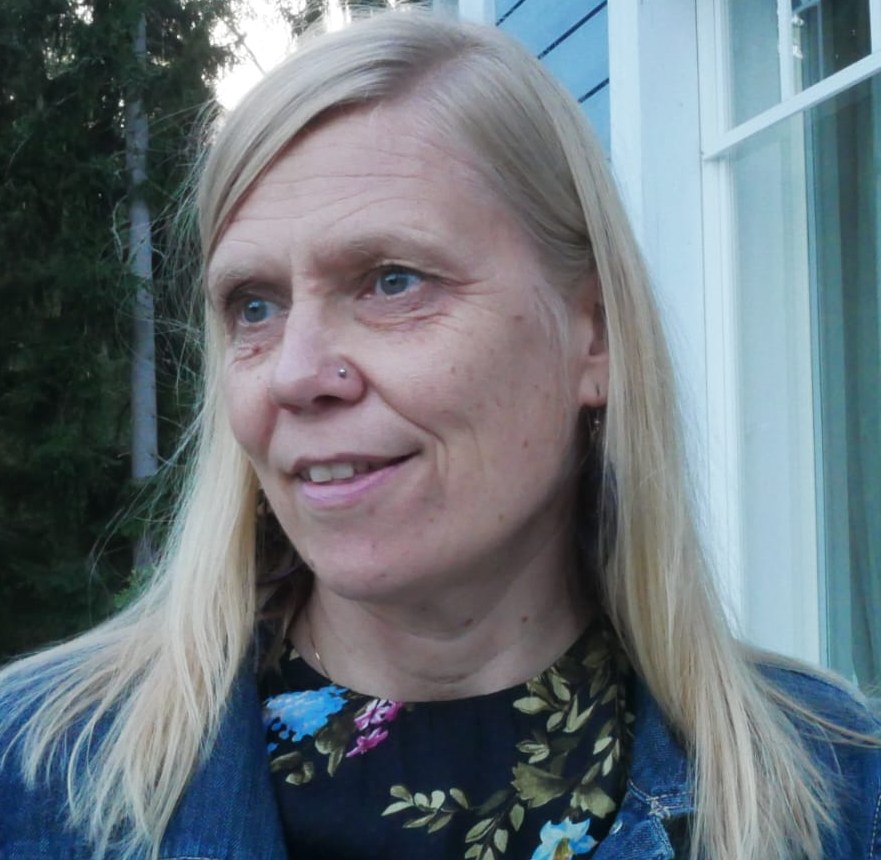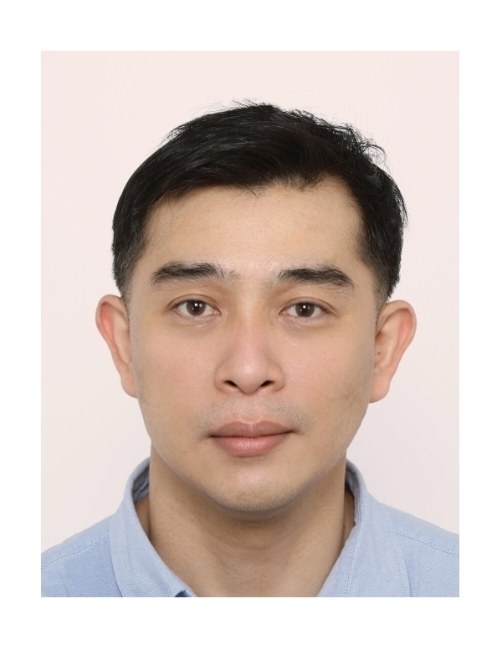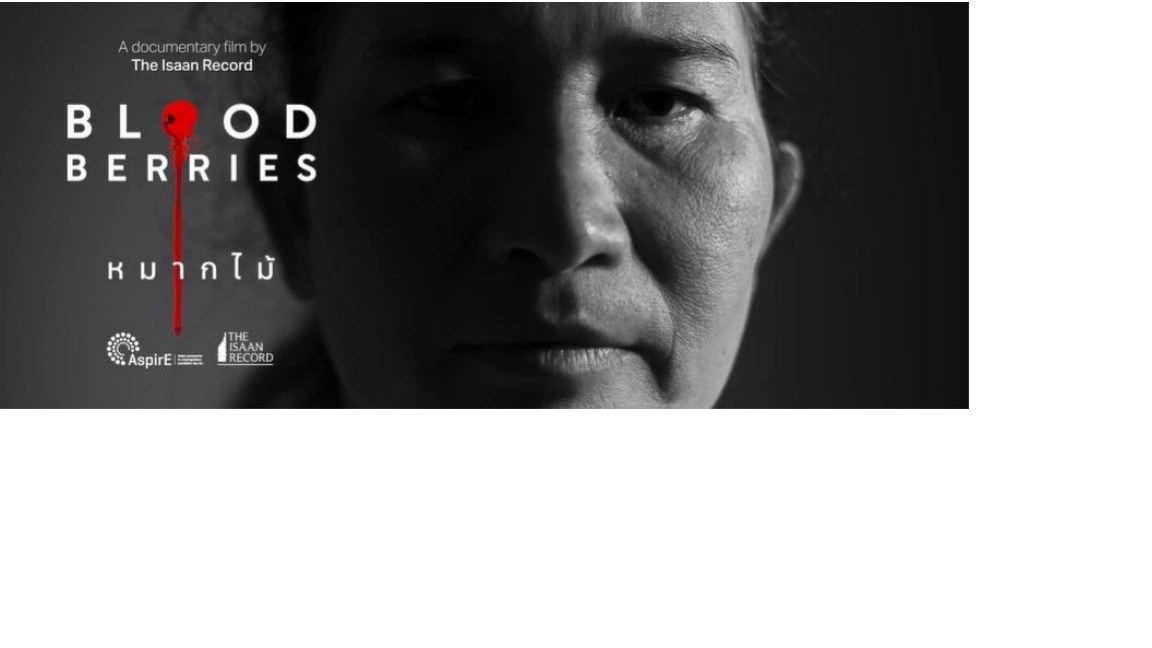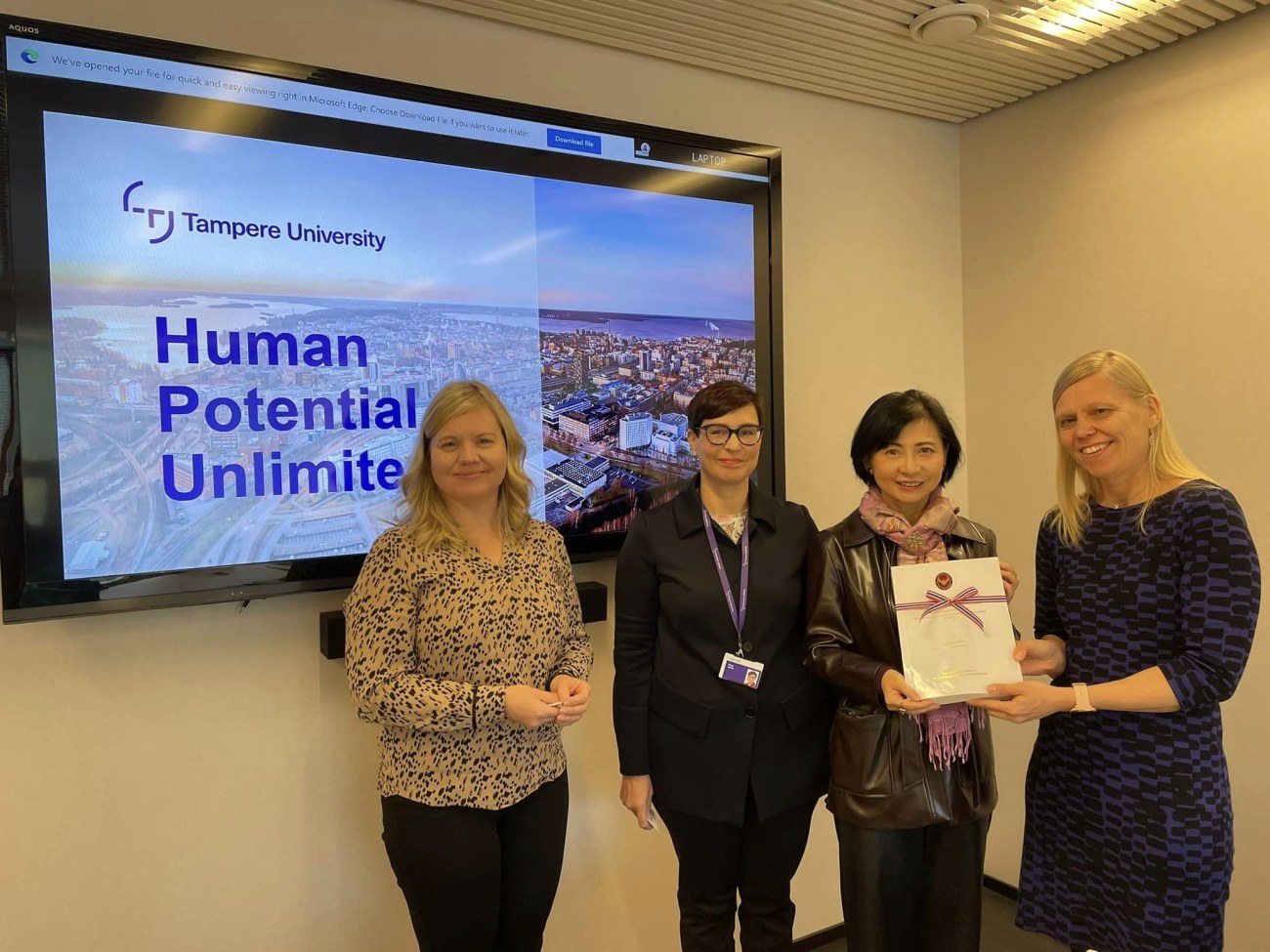Despite the global COVID-19 pandemic, Europe continues to be a major destination for transnational migrants, notably from Asia and Africa. The way in which this phenomenon has been unfolding underlines the urgent need to further conceptualise transnational migration by analysing the decision-making of aspiring (re)migrants.
This scholarly enterprise is critically important as mainstream migration theories put more of a focus on broader social processes and dynamics, thereby overlooking the human aspects of migration. Basing itself on several migration theories in various disciplines, this research project adopts a framework that humanises research on (non-)migration decision-making, i.e., highlighting its human aspects in three ways: engendering, decolonising and situating the analysis in temporal, psychological, relational and social contexts.
As a case study, the research project will examine the decision-making of aspiring (re)migrants from selected Southeast and East Asian countries (China, Japan, Philippines, Thailand, Vietnam) to and within selected EU member countries (Belgium, the Czech Republic, Germany, Italy, Portugal, Finland). These migrants are oriented towards the EU labour markets where they are concentrated in ethnic niches. Employing qualitative and participatory research methodologies, the study will map the extent to which spatial mobility policies at the EU and national levels take into account aspiring (re)migrants’ behaviour, identify the micro- and meso-level drivers of (re)migration aspiration and/or intention and determine the temporality of aspiring (re)migrants’ decision-making. The results of this project will provide concrete information as to how individuals’ migration decisions change over time and on the specific stage at which mobility policies are more likely to play a role in shaping migration outcomes, which will enhance EU migration policies.
The focus of the Finnish sub-project is on Thai people who contribute to primary food production sector by working, for instance, as seasonal workers in the wild-berry industry or independently picking and selling natural products (e.g., berries and mushrooms), or who are employed in agricultural berry and vegetable production. Our research focuses on micro, meso and macro-level factors that affect their decision-making regarding migration. Our research material consists of policy documents, legislative texts and similar, interviews with migrants and policy makers, focus group discussions, as well as video diaries. Interviews are conducted with citizens of Thailand in Finland as well as with Finnish authorities and other experts on the subject matter. The data will be analysed in collaboration with AspirE's international team, especially our colleagues at Mahidol University in Bangkok.
Main coordinator institution: Université libre de Bruxelles
Other consortium members: Masaryk University (CZ), Goethe University Frankfurt (GER), University of Milan (ITA), Instituto Universitario de Lisboa – ISCTE (POR), Tampere University (FIN), Scalabrini Migration Center (PH), Mahidol University (TH), Vietnam Academy of Social Sciences (VN), Foundation for Isaan Education and Popular Media (TH), Asia-Pacific Center (VN), The Education University of Hong Kong (HK) and Waseda University (JP).
The Finnish project is led by academic researcher Mari Korpela at Tampere University's Faculty of Social Sciences. The researchers of the project are Dr. Chaitawat Boonjubun and Dr. Minna Seikkula.
Data privacy notice:
